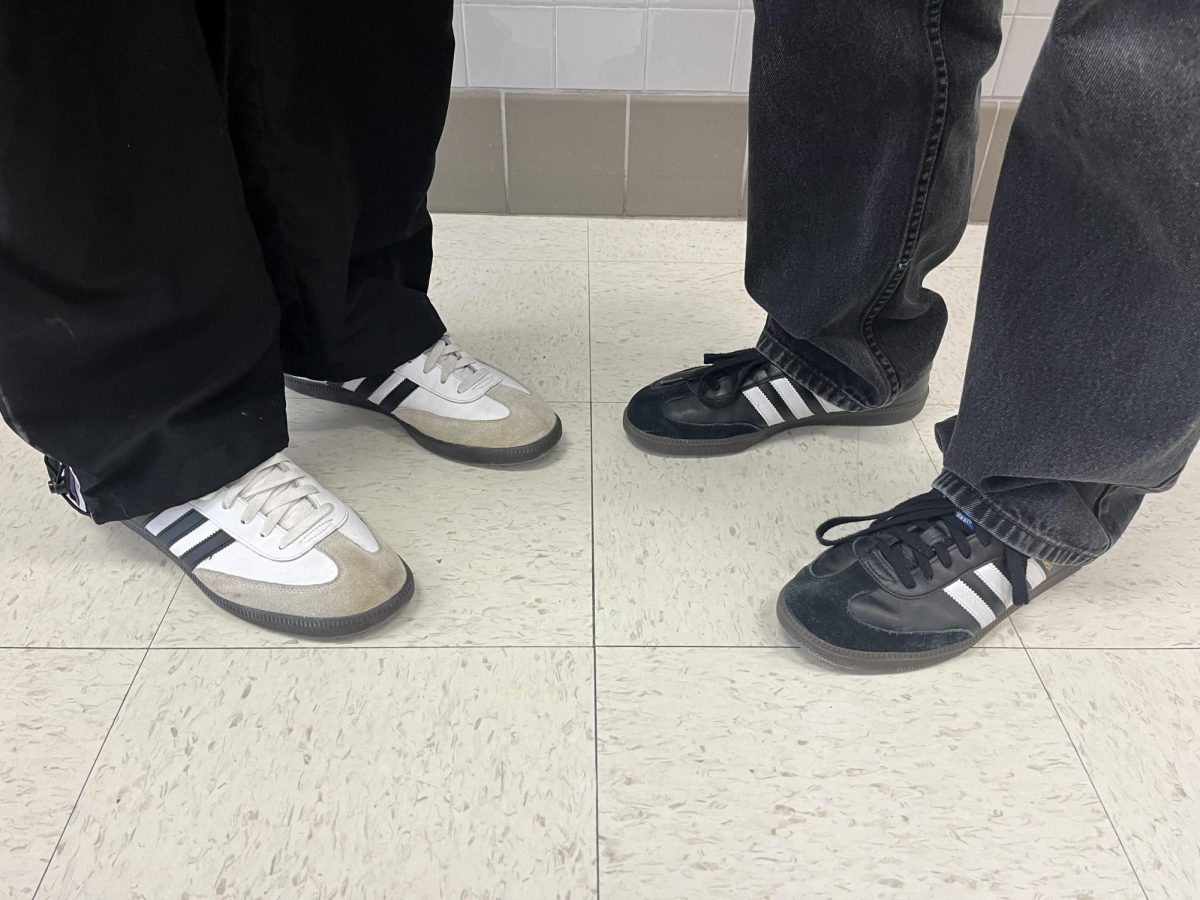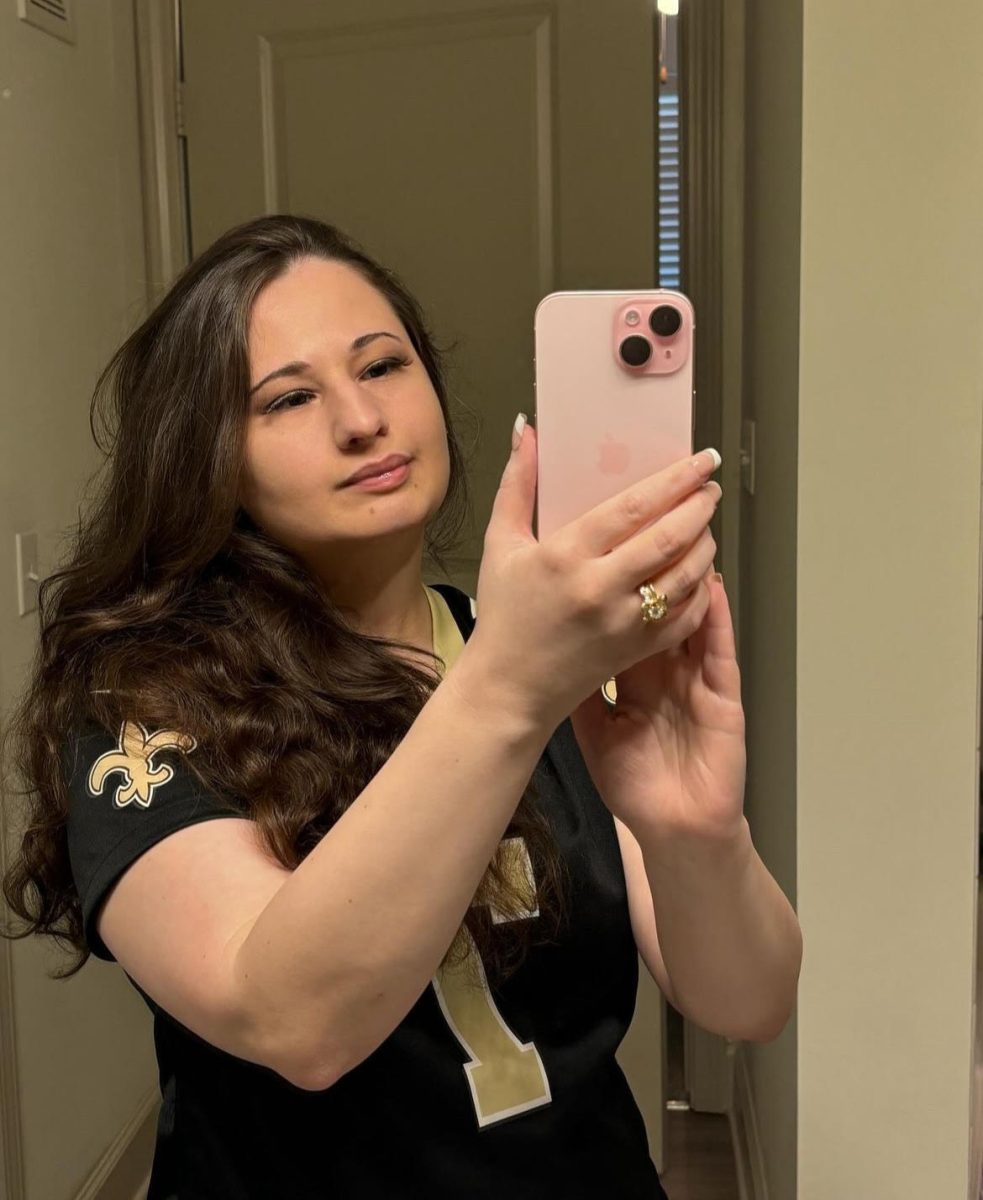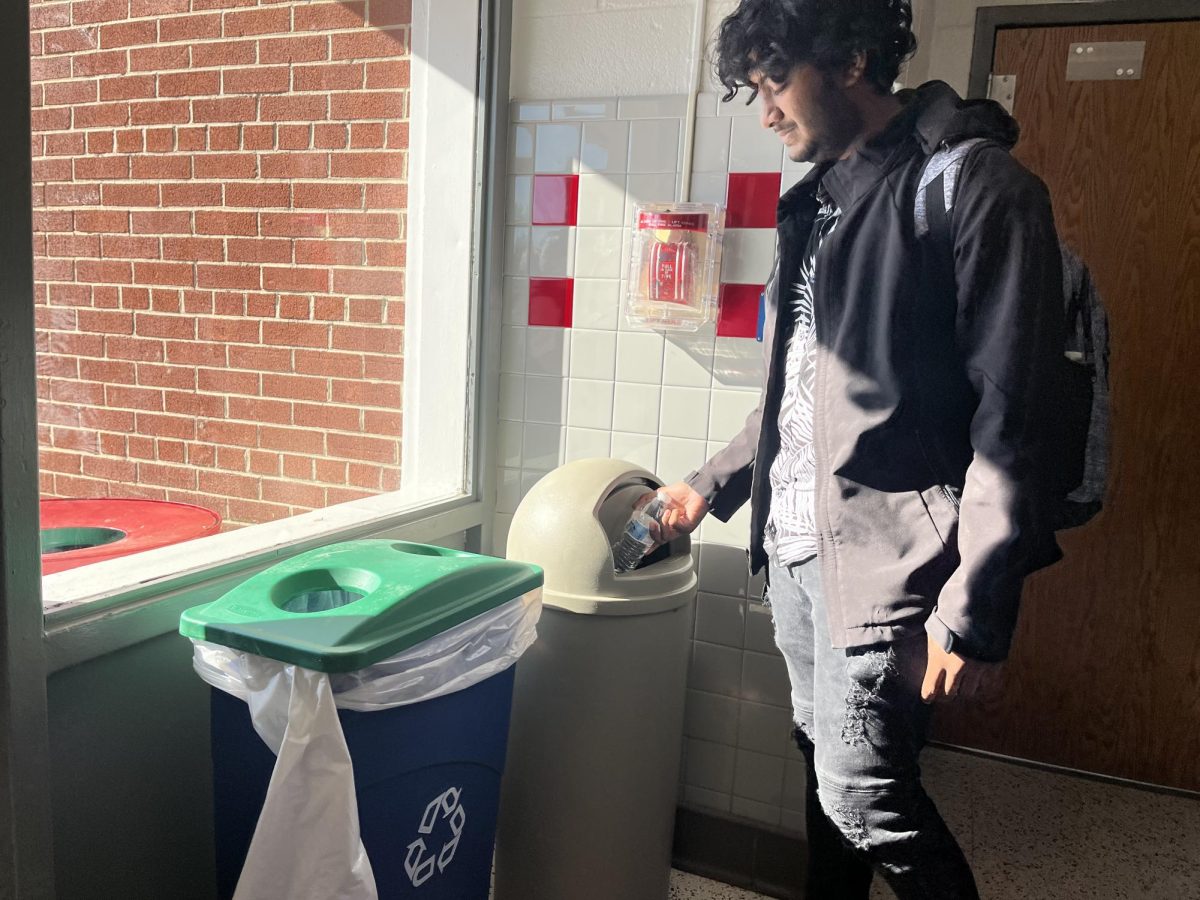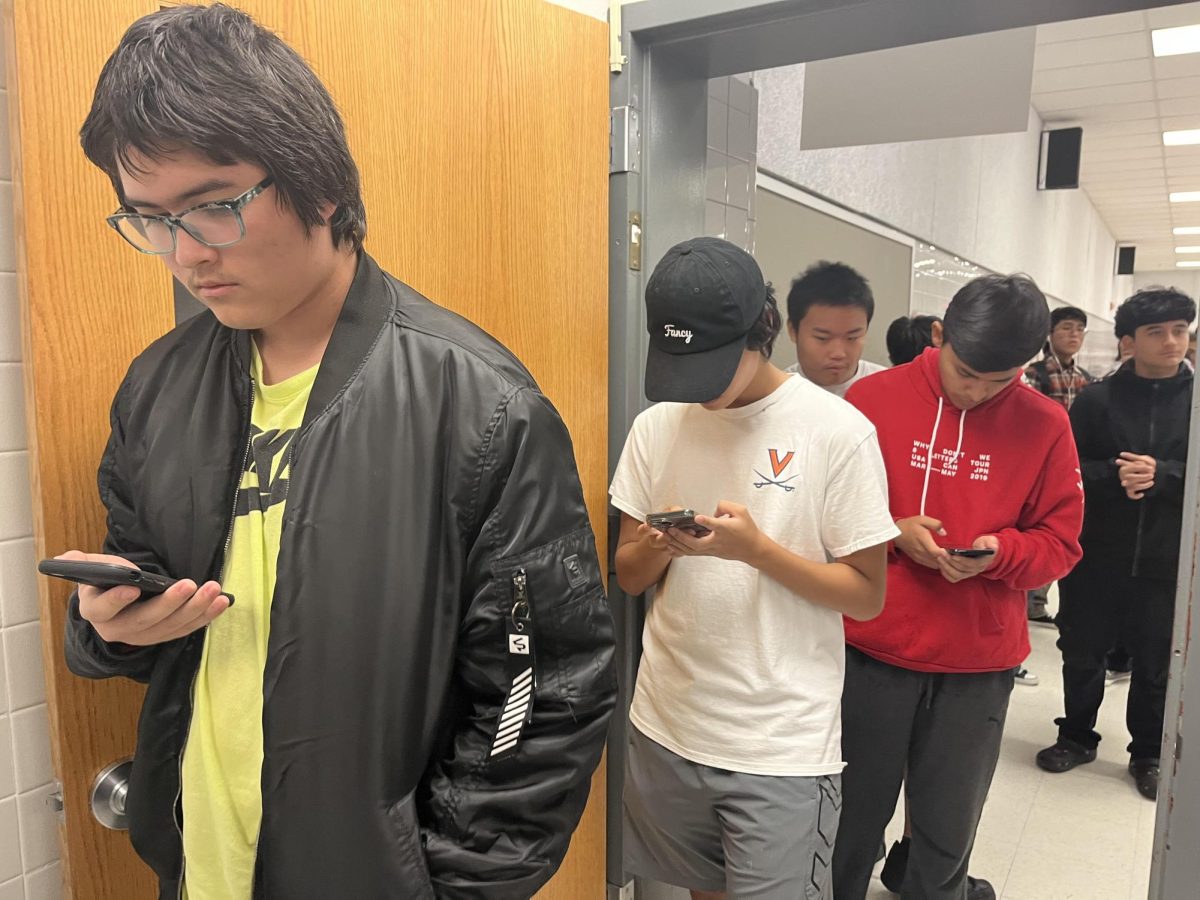America has earned a reputation over the years as a country with a high level of Free Speech. Our most important part of the First Amendment of the U.S. Constitution, Freedom of Speech, prohibits the abridgement of Freedom of Speech. This Amendment is one that separates America from countries such as Saudi Arabia and North Korea, both of whom aggressively abridge Free Speech. Imagining America without Free Speech is unfathomable and difficult to consider. While this right is our most gracious, it may or may not be under attack by congress.
U.S. Representative Lamar Smith of Texas introduced the Bill known as SOPA, which stands for “Stop Online Piracy Act”. The Bill aims at cracking down on online trafficking and piracy, and protecting intellectual property. Online Piracy is unauthorized copying of computer software, and trafficking is the selling of that software. Intellectual property is the material authenticated by the original creator of any form of content. The concern is that the theft of intellectual property and Online Piracy are becoming rampant, and that the U.S. needs to expand its ability to combat piracy, rightfully so.
While the law clearly aims at protecting property rights and keeping Americans safe from piracy, many Americans see it otherwise. The law has been met with ferocious backlash, including a series of protests that started on January 18, 2012, simultaneously against a similar law introduced by the U.S. Senate, PIPA (Preventing Real Online Threats to Economic Creativity and theft of Intellectual Property Act). Protesters make the assumption that SOPA and PIPA will severely curb America’s right to Free Speech on the internet and that the Government can’t do enough to wholly prevent online piracy and property theft. Democracy isn’t so simple, is it?
Put yourself in this situation. You create a website or write a book with your original content, hoping it will stay authentic and protected. Suddenly you find out your content has been stolen or plagiarized. What do you to do? Are security measures not enough to protect your content? Clearly you want to keep your content safe, but Government measures to protect content aren’t going to cut it.
Protecting original content, whether in a book or on a website, is something that greatly needed to be addressed. While these SOPA and PIPA protests clearly addressed this, protesters addressed it for the wrong reasons. A bill such as SOPA or PIPA would not severely abridge America’s freedom of speech, but merely be an attempt to halt what I consider a crime. Protesters against the bills are indirectly protecting the right to steal others’ content.
The ability to aggressively combat online piracy and protect creators’ work would mean having a perfect world. It is nice to think about but, reality-wise, this could never happen. There are countless numbers of hackers and computer whizzes who can find ways to sneak past website security blocks. While I do believe that the goals of SOPA and PIPA are ones that should further be looked into, I don’t support a law that in no way could get passed. By means of the government further addressing ways to combat online piracy and copyright infringement, individuals with authentic work should take into account what they learn and put to good use security measures to protect their content. All America can do is hope that a measure to successfully prevent piracy and theft succeeds.









What About NDAA? • Feb 25, 2012 at 8:35 pm
Don’t fall for the Governments’ official reasoning for trying to pass these laws. Even if you believe that they have the BEST intentions and are not influenced by money, these sort of laws attack the problem in the wrong way and need to be discarded so we can think of better solutions.
Your analogy is oversimplified; most of the internet nowadays is massive websites with massive amounts of content, not small websites created by individuals. This means that for instance if a single user on a site like youtube, wikipedia, or any other website posted something which someone/company said was copyrighted, they can shut down the entire website! This is the way these laws were written.
Also, don’t be worried about artists/musicians work being stolen and reproduced – it may be morally wrong and take away from their sales but honestly, they make their millions in other ways nowadays. Just look at all the ‘leaked’ mixtapes of Lil Wayne and tell me he hasn’t still made lots of money.